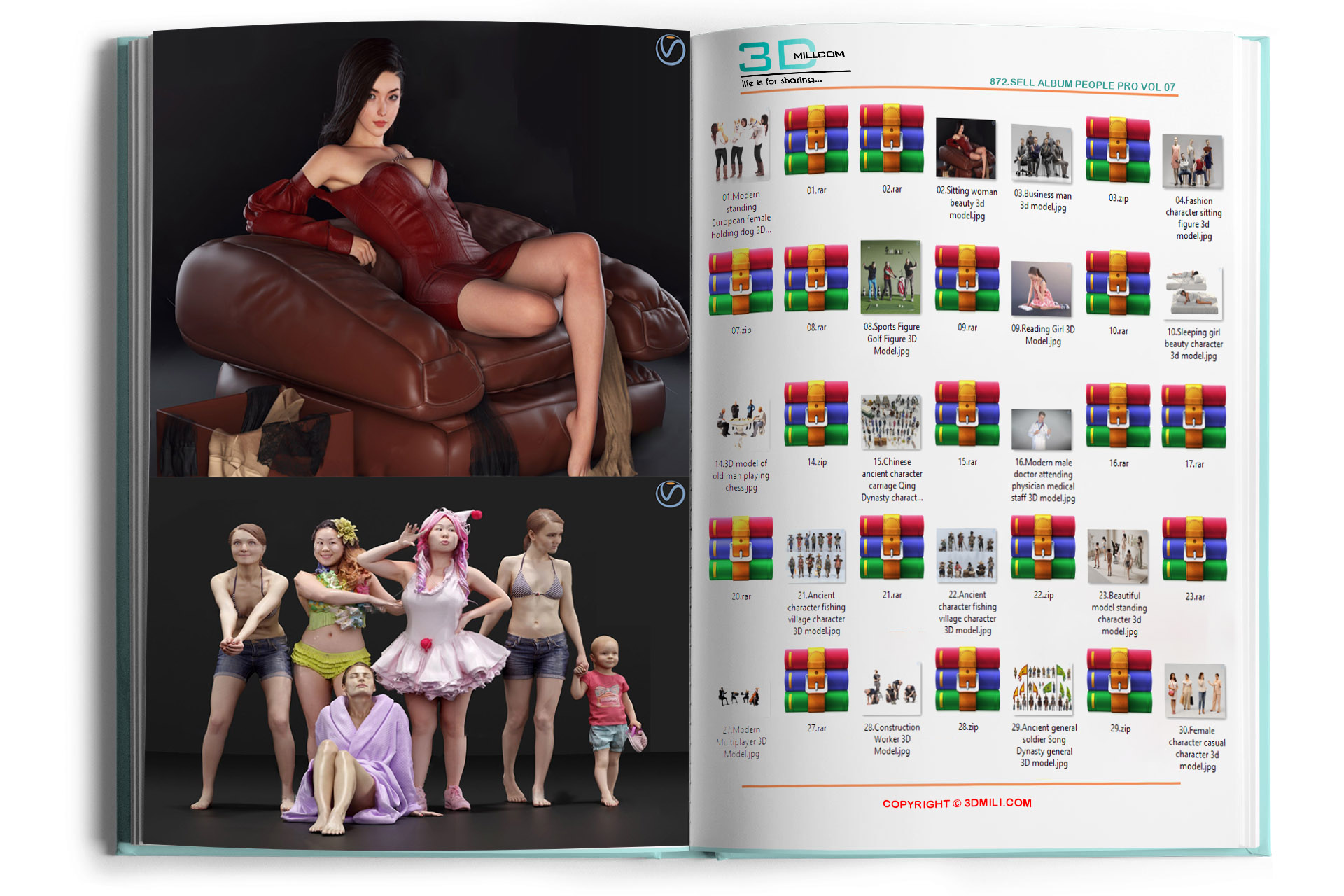## 497. Sell Album: Offices Interiors Vol. 3 – A Deep Dive into Design
This design, 497. Sell Album: Offices Interiors Vol. 3, represents a significant advancement in the portrayal of modern office spaces. Moving beyond simple renderings, this volume aims for a level of *realism* and *detail* that transcends typical architectural visualization. It offers not just a glimpse into aesthetically pleasing work environments, but a multifaceted exploration of *functionality*, *atmosphere*, and the *subtle interplay* between design and productivity. This detailed analysis will unpack the key elements that make this volume a compelling example of contemporary interior design.
Part 1: The Evolution of Office Design – Contextualizing 497. Sell Album
The modern office has undergone a dramatic transformation. Gone are the days of sterile, cubicle-filled landscapes. Today's workplaces prioritize *employee well-being*, *collaboration*, and a sense of *community*. This shift is reflected in *497. Sell Album*, which showcases a range of office spaces designed to foster creativity, innovation, and a positive work culture. Previous volumes in the "Sell Album" series likely established a foundation, and this third volume builds upon that, showcasing more *sophisticated* and *evolved* designs. The move towards *flexible workspaces*, *biophilic design*, and *technological integration* is evident throughout, highlighting the industry's ongoing adaptation to the changing needs of the workforce. The *emphasis* on *sustainability* and *responsible material sourcing* is also likely a prominent feature, reflecting current trends and ethical considerations within the architectural and design communities. This volume, therefore, isn't just an aesthetic showcase; it's a reflection of the ongoing *evolution* of workplace design philosophy.
Part 2: Key Design Elements and Their Impact
*497. Sell Album* likely showcases a diverse range of office design styles, incorporating elements that cater to various company cultures and aesthetic preferences. Let's delve into some of the likely key elements:
* Spatial Organization: The *layout* and *flow* of the office spaces are crucial. This volume likely explores different approaches, from open-plan designs that encourage collaboration to more private, focused work areas for individual tasks. The *balance* between these two extremes is a key consideration, aiming for an environment that supports both individual productivity and team synergy. *Wayfinding* and *circulation* are important elements, ensuring easy navigation and a pleasant user experience.
* Material Palette: The choice of *materials* plays a significant role in shaping the overall atmosphere. *497. Sell Album* likely features a careful selection of textures and finishes, blending natural elements like wood and stone with contemporary materials such as metal and glass. The *texture contrast* and the *color palette* are strategically employed to create visually stimulating and calming spaces. The use of sustainable and ethically sourced materials likely reflects a growing concern for environmental responsibility.
* Lighting and Acoustics: *Lighting* is crucial for creating a productive and comfortable environment. The integration of *natural light* is likely a priority, complemented by carefully placed artificial lighting to ensure optimal illumination throughout the day. *Acoustic design* is equally important, aiming to minimize distracting noise and create a quieter, more focused atmosphere. The use of sound-absorbing materials and strategic spatial planning likely contributes to a more pleasant auditory environment.
* Technology Integration: Modern offices are heavily reliant on technology. *497. Sell Album* likely showcases how technology is seamlessly integrated into the design, with consideration given to *connectivity*, *cable management*, and the incorporation of smart technologies that enhance productivity and streamline workflows. This extends beyond merely providing power outlets; it encompasses a holistic approach to incorporating technology into the fabric of the workspace.
* Biophilic Design: The incorporation of natural elements into the design is becoming increasingly important. *497. Sell Album* likely features examples of *biophilic design*, incorporating plants, natural light, and natural materials to create a connection with the outdoors. This approach promotes employee well-being and reduces stress, contributing to a more positive and productive work environment.
Part 3: The Target Audience and Marketing Implications
*497. Sell Album: Offices Interiors Vol. 3* is likely targeted towards a wide audience, including:
* Architects and Interior Designers: The volume serves as a valuable source of inspiration and reference for professionals seeking to create innovative and functional office spaces. The *detailed renderings* and *design specifications* offer practical insights that can be applied to real-world projects.
* Real Estate Developers: The album offers a visual representation of attractive office spaces, potentially influencing design choices for new developments and renovations. The images are effective marketing tools that can be used to attract tenants and investors.
* Corporate Clients: Companies looking to redesign or upgrade their offices can use the album to explore different design options and identify styles that align with their brand identity and work culture. The *variety* of designs presented offers a wide range of potential inspiration.
* Students and Educators: The album offers a valuable resource for students and educators in architecture and design programs, providing real-world examples of contemporary office design principles. It serves as a *case study* for the application of design theories and best practices.
Part 4: The Broader Significance and Future Trends
*497. Sell Album* isn't merely a collection of aesthetically pleasing images; it's a commentary on the evolving relationship between design and productivity. By showcasing diverse approaches to office design, the volume contributes to a broader conversation about how workspace can be optimized to foster creativity, collaboration, and well-being. The designs presented likely foreshadow future trends in office design, including a continued emphasis on flexibility, sustainability, and the integration of technology. The focus on employee well-being is likely to remain a central theme, as companies recognize the importance of creating environments that attract and retain talent. Furthermore, the album likely reflects a growing awareness of the impact of design on organizational culture and overall success. In conclusion, *497. Sell Album: Offices Interiors Vol. 3* represents a valuable contribution to the field of architectural visualization and office design, offering both inspiration and practical insights for a wide range of stakeholders. It highlights the *power* of *design* to shape not only the physical environment but also the culture and productivity of the workplace.











































